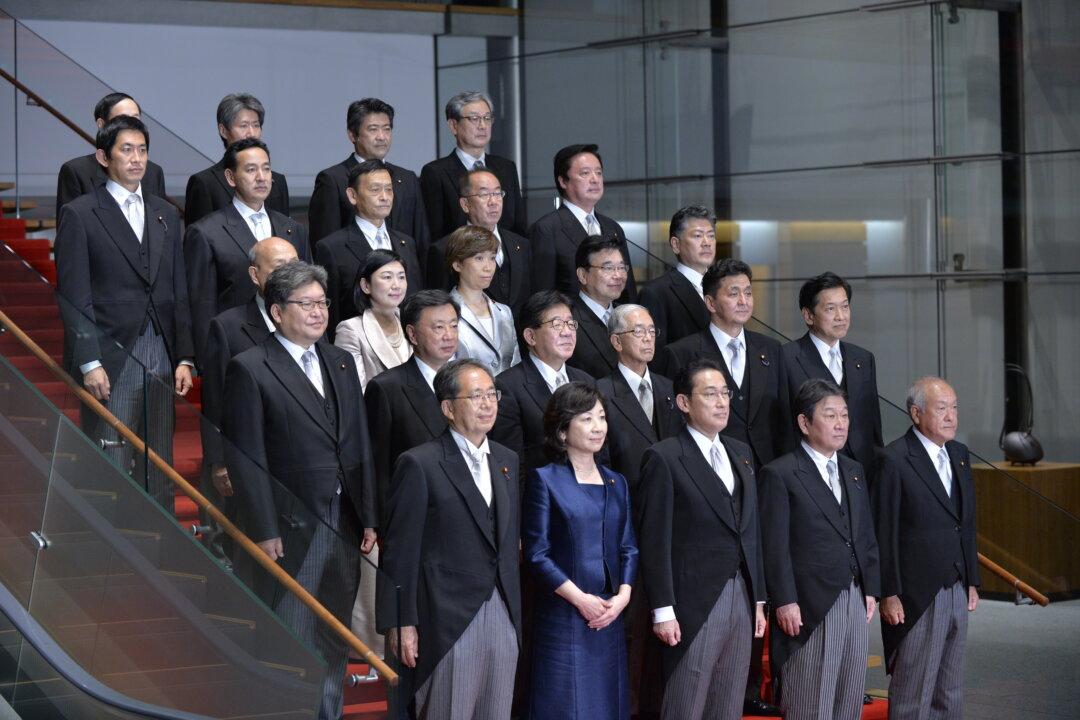Commentary
The “Taiwan factor” has been mostly overlooked in understanding Sino-Japanese ties despite its significance. Beijing has stated the “question of Taiwan involves the political foundation of Sino-Japanese relations.” However, the Taiwan issue has taken center stage with the recent release of the Japanese Defense White Paper that makes special mention of Taiwan in the context of the security environment surrounding Japan.Signaling a strong message to Beijing, the White Paper categorically states: “Stabilizing the situation surrounding Taiwan is important for Japan’s security and the stability of the international community. Therefore, it is necessary that we [Japan] pay close attention to the situation with a sense of crisis more than ever before.” It also specifies that the “overall military balance between China and Taiwan is tilting to China’s favor, and the gap appears to be growing year by year.”





